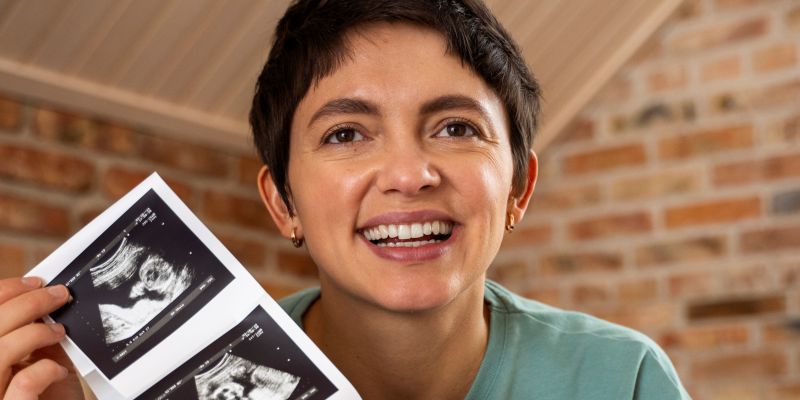
How Do Vaccinations Work

A newborn is immune to some infections because it receives antibodies from its mother; this is called "passive immunity". Passive immunity lasts for a few weeks or months. Ironically, that immunity begins to fade away in the first few months of life. So, it's very important to follow an immunization schedule.
What is vaccination?
Vaccination protects you from specific diseases that can make you very sick, disable or even kill you. Vaccines help develop immunity by imitating an infection as it would react when it recognizes and fights the real infection. They trick the body into thinking it is under assault & trigger the immune system to produce its own antibodies (substances produced by the body to fight disease), as though the body has been infected with a disease without actually infecting us and harming us with the disease. This is called "active immunity". Thus, vaccination is like a dress rehearsal for your immune system so it is prepared for the real show . How does it work? When germs, such as bacteria or viruses, invade the body, they attack and multiply quickly. This invasion is called an infection , which causes the illness.- The vaccine contains antigens: harmless substances (such as dead bacteria or molecules) associated with the disease.
- The body assumes the antigens are the actual disease, and its immune system stimulates white blood cells to activate and create antibodies - proteins that can fight the disease's bacteria or viruses - the invading organism.
Can vaccination eliminate diseases?
The disease can be eradicated completely if the vaccination is given to most people, as has happened with smallpox and polio. If enough people in a community are vaccinated, it's harder for a disease to infect even those people who have not been vaccinated. This is called "herd immunity".Related Blogs

Understanding Gestational Diabetes: Insights from Dr Shruthi Kalagara
Read More
Urinary Tract Infection (UTI) in Pregnancy
Read More
Early Pregnancy Care for New Pregnant Women: Expert Advice | Motherhood Hospitals
Read More
Body Positivity Tips Post C Section (Cesarean Delivery)
Read More
Vaginoplasty: Procedure, Cost, Risks & Benefits, Recovery
Read More
The Digital Dilemma: Exploring the Medical Implications of Technology on Child Development
Read More
How To Relieve Menstrual Cramps? - 8 Simple Tips
Read More
Benefits of Consuming Folic Acid Tablets For Pregnancy/During Pregnancy
Read More
Navigating Radiology: Ensuring Safe Imaging During Pregnancy
Read More
Navigating Radiological Tests During Pregnancy: Ensuring Safety for Mother and Child
Read MoreRequest A Call Back
Leave a Comment:
View Comments
Previous
Next
HELLO,
Stay update don our latest packages, offer, news, new launches, and more. Enter your email to subscribe to our news letter


 Toll Free Number
Toll Free Number








No comment yet, add your voice below!